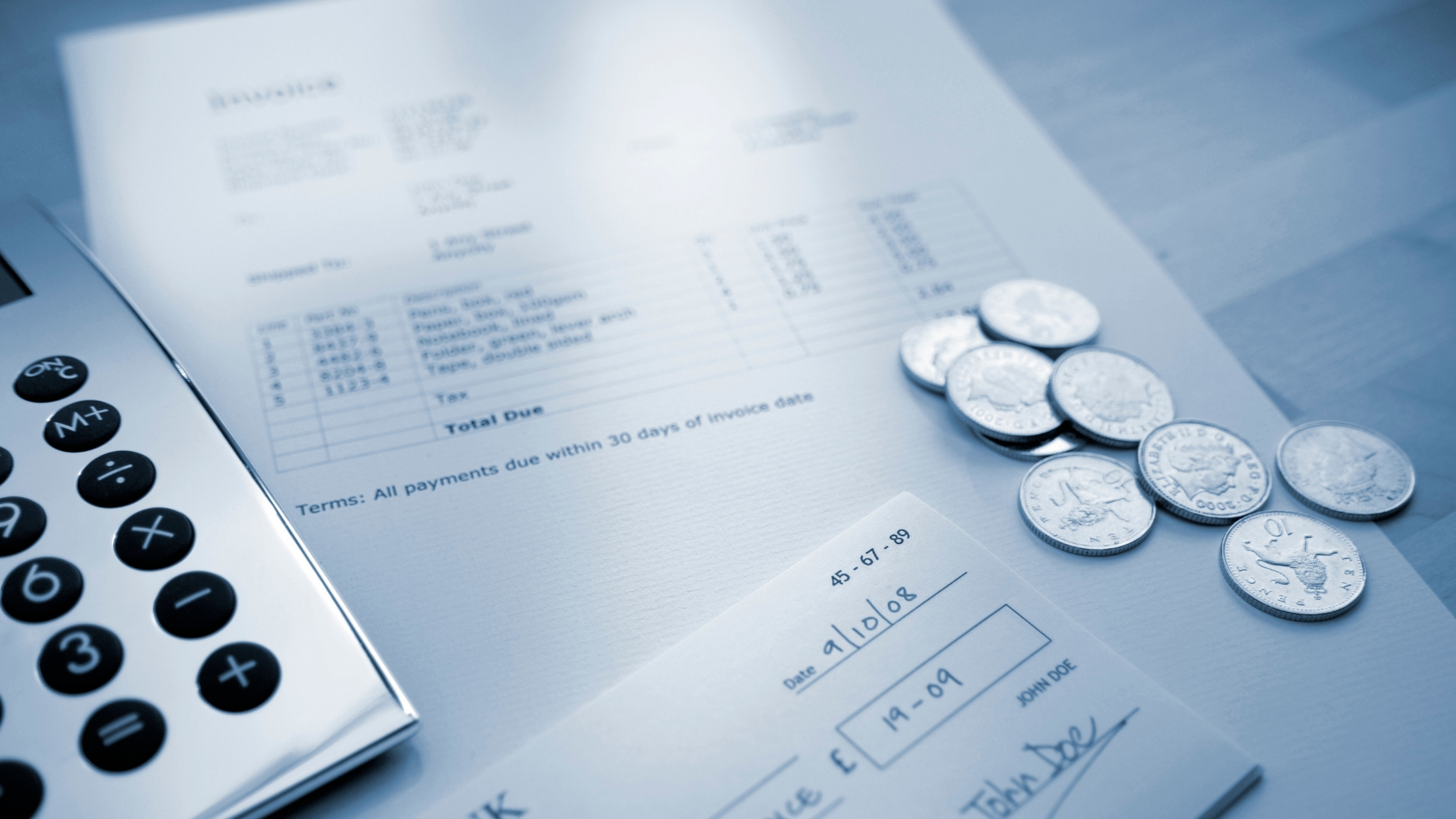Invoice factoring, also known as accounts receivable factoring, is a financial transaction where a business sells its accounts receivables at a discount to another financing company known as a factoring company. These companies will advance 70 to 90% of the invoice value upfront, and then the remaining balance is sent when the invoice is paid.
Invoice factoring isn’t a loan. It is more like getting an advance on money that is already owed to your business. Instead of having to wait one to three months to have your customers pay you, the invoice factoring company can pay you within a matter of days. Invoice factoring is ideal for business owners whose customers are mostly other businesses. Other businesses are going to pay, but they don’t always pay immediately.
While invoice factoring has many benefits, including the ability to access fast cash, improve client relations, and has no requirement for collateral, there are still downsides to this process. Factoring companies will charge 1-5% of the total invoice amount in service fees. You may also be responsible for unpaid invoices, you will be dependent on your customers’ payment history, and you lose some control over the invoice process. Not every company enjoys giving another company access to their financial information.
This method is not right for every business, but if your business routinely waits one to three months before invoices are paid, this financial option can be a major benefit to your company. Upfront cash can improve your relationship with customers while avoiding cash flow constraints. With no need for collateral, it’s an easy way for small and medium-sized businesses to get cash advances on money they’ve already earned to run and grow their business.






